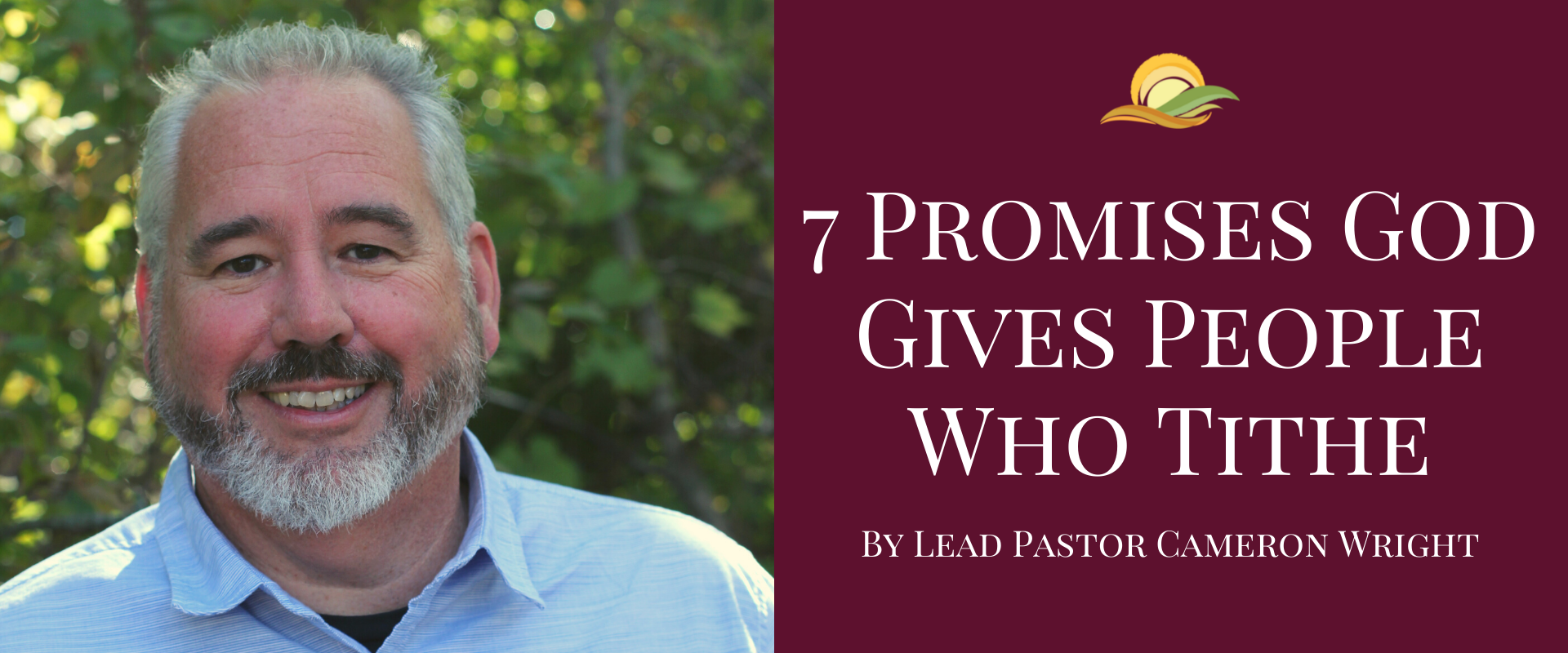There are three Greek words used to refer to God’s Word in the New Testament. One is logos, as used in John 1:1: “In the beginning was the Word, and the Word was with God, and the Word was God.” Logos is a very general term that means the idea, thought, reasoning, motive, or meaning of something. It can refer to a specific saying or, as it is used in this verse, something as grand as Christ Himself.
Graphe is the second Greek word, as used in 2 Timothy 3:16: “All Scripture is given by inspiration of God, and is profitable for doctrine, for reproof, for correction, for instruction in righteousness.” This term is the most specific, as it refers to the written word. The written word of God, the Bible, is our only authoritative source of revelation. All other forms of hearing from God and being led by the Holy Spirit must be submitted to the objective standard of the Bible, rightly understood and properly applied.
Rhema is the third Greek word, as used in Matthew 4:4: “But he answered, ‘It is written, "Man shall not live by bread alone, but by every word that comes from the mouth of God.''’ It refers to something spoken, an utterance. So someone would read a graphe, but hear a rhema, in order to understand the logos. Keep in mind that these words are sometimes used interchangeably, and this illustration helps us understand the general use of these terms and to grasp various ways God actively communicates with us.
As Christ followers we deeply value all the ways God communicates to us, and we strive to hear, understand, and obey God’s word in every sense that it is conveyed. We are encouraging all New Day participants to read the Bible together daily in 2022. We are using a reading plan that is very flexible. Printed copies are available online or at church, and a variety of other ways such as a smartphone app, website, etc. can be found at https://newdaycommunity.org/bible
Jesus said in John 10:27, “My sheep hear My voice, and I know them, and they follow Me.” As followers of Jesus, we need to be equipped to hear the voice of God when He speaks to us as well as to understand the written Word of God, so that we can grow in our relationship with Jesus as the Word of God. Let’s all make 2022 a year to grow in God’s Word.






















